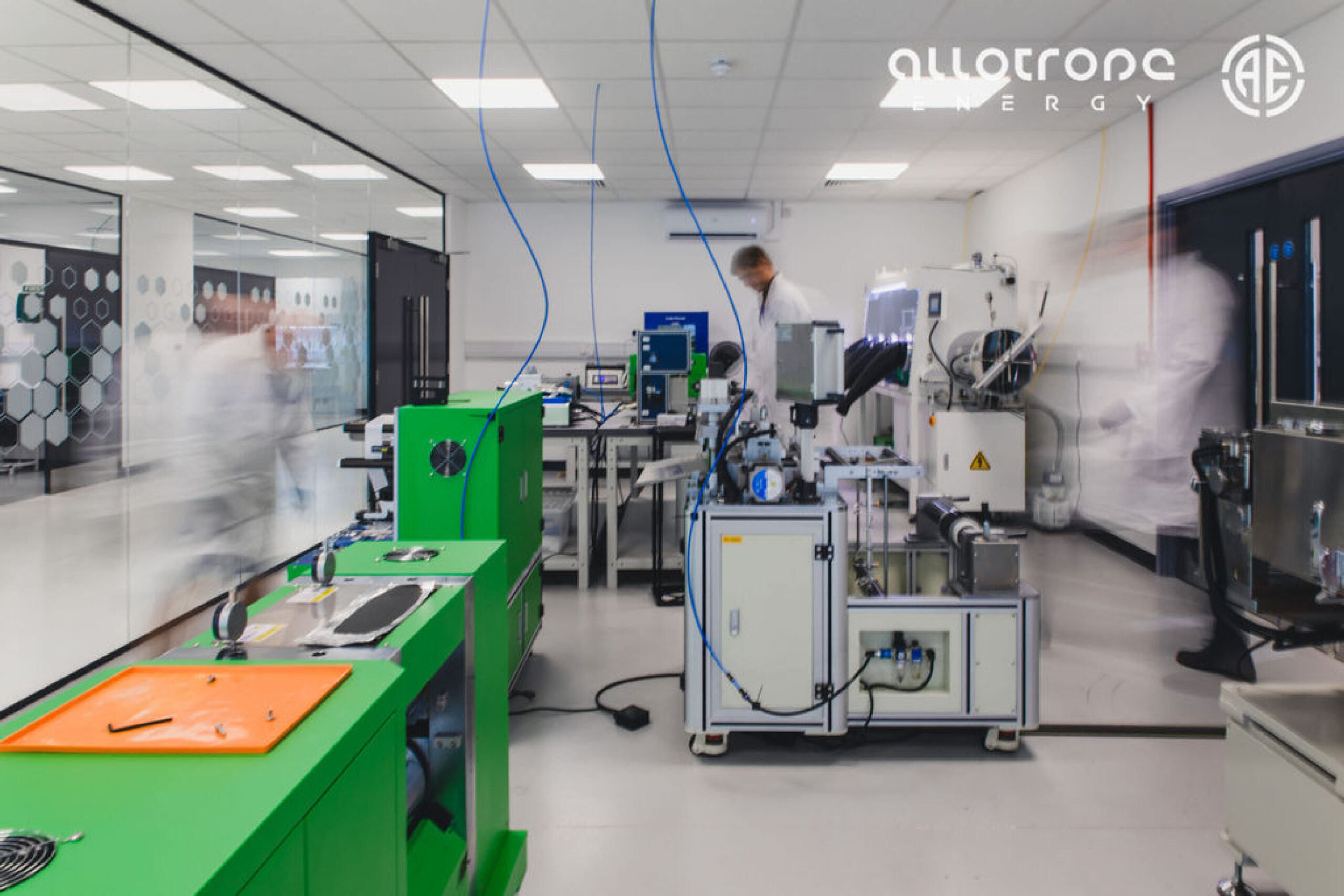- Allotrope Energy’s new class of supercapacitors offer double the energy density in a smaller, lighter, more cost-effective package
- Breakthrough leads to a new generation of ultra-efficient hybrid powertrains
- Nano-porous Lignavolt material ensures highly sustainable production process
Allotrope Energy has developed a new class of supercapacitor with twice the energy density of current technology. Their use could form the basis of a new generation of hybrid powertrains that recover far more energy and provide greater power assistance, yet at a substantially reduced cost and with easier integration.
Supercapacitors are able to store energy much faster than batteries, making them ideal for use with regenerative braking systems in hybrid-electric vehicles. However, their relatively low energy density to date has limited their adoption by automotive manufacturers, who have instead had to rely on more conventional battery technology.
Allotrope’s breakthrough comes from the use of Lignavolt, a sustainably-produced nano-porous carbon with a large surface area. While typical supercapacitors have an energy density of around 7-8 Wh/kg, Allotrope’s supercapacitors have demonstrated 14-15 Wh/kg in third-party verification, allowing them to offer double the performance at a fraction of the cost.
“Harvesting 100% of the energy available during even moderate braking would require a lithium-ion battery so large that it would be both impractical and cost-prohibitive,” explained Dr Peter Wilson, Founder of Allotrope Energy. “The ability to deal with sudden surges of power safely is still beyond most battery technologies, and so they limit themselves to effectively skimming off the top. By contrast, a Lignavolt-based supercapacitor could recover all of that energy instantly using a pack the size of a shoebox weighing only a few kilos.”
“Supercapacitors can also deliver power quickly, and that opens the door to more powerful electric motors that provide greater assistance. A 1kg Lignavolt supercapacitor could provide 75bhp of electrical assistance – 50 times that of an equivalent lithium-ion battery. That allows much more of a powertrain’s acceleration to come from the electric motor, which in turn can then be matched to a smaller, lighter combustion engine, introducing even further fuel and emissions savings. In fact, doubling the output of an average ICE-powered family SUV would require a supercapacitor that weighed no more than 4kg.”
There are further benefits, too. Supercapacitors are intrinsically stable and require no complex thermal management; their lifespan is many orders of magnitude greater than batteries, even during heavy-duty use; and their manufacture requires no materials of concern such as rare earths. Indeed, Lignavolt – which is the primary material in Allotrope’s supercapacitors – is refined from a co-product of the pulp industry, making it highly sustainable.
Allotrope has already begun providing evaluation cells to industry partners, with early results confirming the potential to revolutionise their use in automotive applications.
For more information, please visit https://allotrope.energy/
